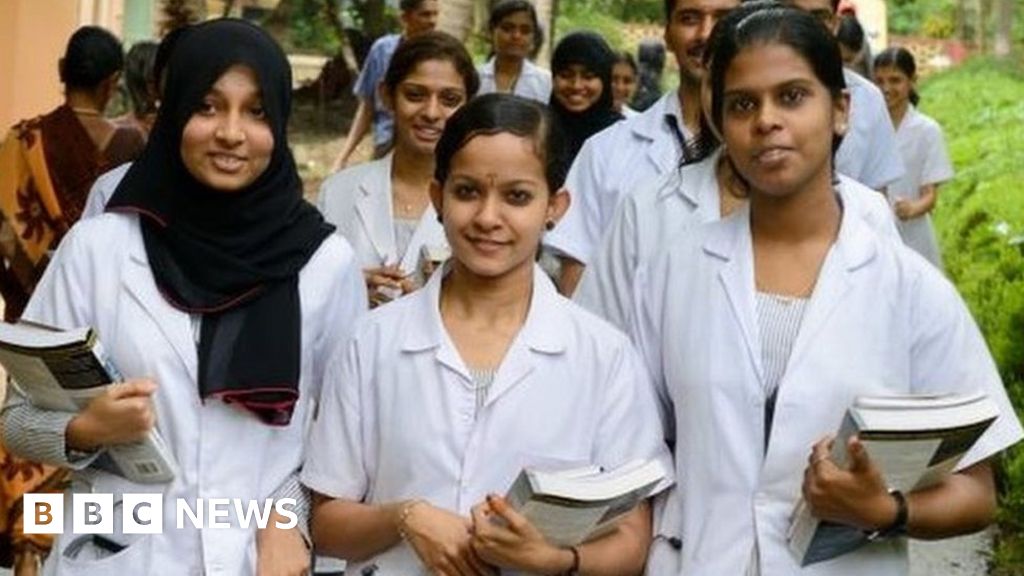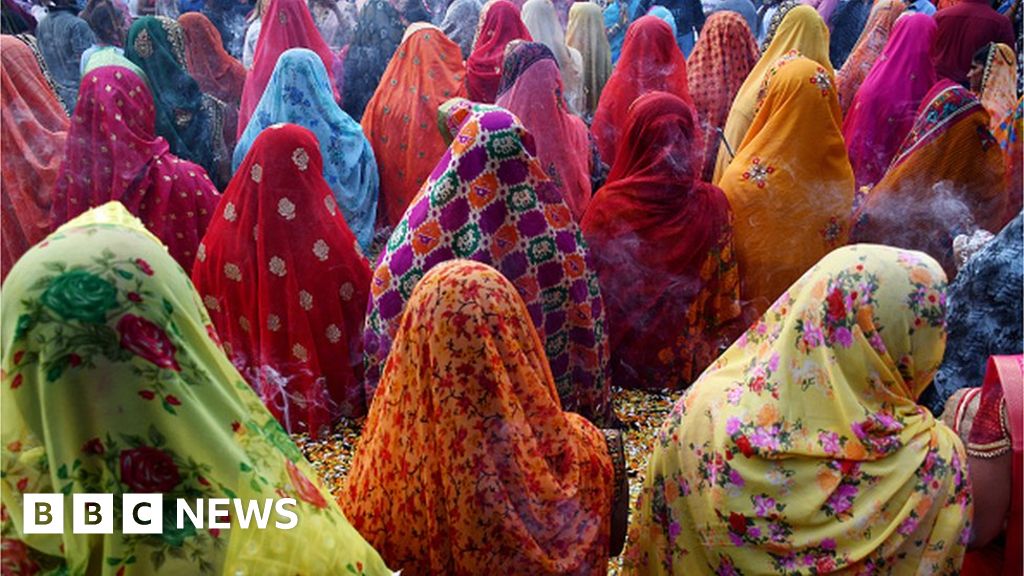
Amartya Sen
| Use attributes for filter ! | |
| Gender | Male |
|---|---|
| Age | 91 |
| Date of birth | November 3,1933 |
| Zodiac sign | Scorpio |
| Born | Santiniketan |
| India | |
| Contributions | Human development |
| Spouse | Emma Georgina Rothschild |
| Eva Colorni | |
| Nabaneeta Dev Sen | |
| Emma Rothschild | |
| Job | Professor |
| Economist | |
| Scientist | |
| Philosopher | |
| Awards | Nobel Memorial Prize in Economic Sciences |
| National Humanities Medal | |
| Johan Skytte Prize in Political Science | |
| Bharat Ratna | |
| Education | Presidency University |
| University of Calcutta | |
| Visva-Bharati University | |
| University of Cambridge | |
| Children | Nandana Sen |
| Kabir Sen | |
| Indrani Sen | |
| Antara Dev Sen | |
| Parents | Amita Sen |
| Ashutosh Sen | |
| Influence | John Rawls |
| Martha Nussbaum | |
| Adam Smith | |
| John Maynard Keynes | |
| Bernard Williams | |
| Kenneth Arrow | |
| Piero Sraffa | |
| Date of Reg. | |
| Date of Upd. | |
| ID | 439351 |
The Idea of Justice
The Argumentative Indian
Garibi Aur Akaal
Identity and violence: the illusion of destiny, by Amartya Sen
Inequality Reexamined
Collective Choice and Social Welfare
An Uncertain Glory: India and Its Contradictions
On Ethics and Economics
Commodities and Capabilities
The Country Of First Boys
Rationality and Freedom
Hunger and Public Action
Choice, Welfare and Measurement
Resources, Values, and Development
India: Economic Development and Social Opportunity
The Arrow Impossibility Theorem
On Economic Inequality
Employment, Technology and Development
Mismeasuring Our Lives: Why GDP Doesn't Add Up
Reason Before Identity: The Romanes Lecture for 1998
Poor, Relatively Speaking
Bhartiya Rajyon Ka Vikas
Aarthik Vikas Aur Swatantrya
Tanner Lectures in Human Values: The Standard of Living
A Wish a Day for a Week
Der Lebensstandard
Poverty and Inequality
Choice of Techniques: An Aspect of the Theory of Planned Economic Development
Nuevo Examen de La Desigualdad
Food, economics and entitlements
Civil Paths to Peace: Report of the Commonwealth Commission on Respect and Understanding
Delivering the Monterrey Consensus: Which Consensus?
Human Rights and Asian Values
Sustainable Human Development: Concepts and Priorities
Behaviour and the Concept of Preference
Beyond the Crisis: Development Strategies in Asia
Home in the World: A Memoir
Identity & Violence
Development as Freedom
The Argumentative Indian
Garibi Aur Akaal
Identity and violence: the illusion of destiny, by Amartya Sen
Inequality Reexamined
Collective Choice and Social Welfare
An Uncertain Glory: India and Its Contradictions
On Ethics and Economics
Commodities and Capabilities
The Country Of First Boys
Rationality and Freedom
Hunger and Public Action
Choice, Welfare and Measurement
Resources, Values, and Development
India: Economic Development and Social Opportunity
The Arrow Impossibility Theorem
On Economic Inequality
Employment, Technology and Development
Mismeasuring Our Lives: Why GDP Doesn't Add Up
Reason Before Identity: The Romanes Lecture for 1998
Poor, Relatively Speaking
Bhartiya Rajyon Ka Vikas
Aarthik Vikas Aur Swatantrya
Tanner Lectures in Human Values: The Standard of Living
A Wish a Day for a Week
Der Lebensstandard
Poverty and Inequality
Choice of Techniques: An Aspect of the Theory of Planned Economic Development
Nuevo Examen de La Desigualdad
Food, economics and entitlements
Civil Paths to Peace: Report of the Commonwealth Commission on Respect and Understanding
Delivering the Monterrey Consensus: Which Consensus?
Human Rights and Asian Values
Sustainable Human Development: Concepts and Priorities
Behaviour and the Concept of Preference
Beyond the Crisis: Development Strategies in Asia
Home in the World: A Memoir
Identity & Violence
Development as Freedom
Amartya Sen Life story
Amartya Kumar Sen is an Indian economist and philosopher, who since 1972 has taught and worked in the United Kingdom and the United States.
Why south India outperforms the north

Sep 20,2022 9:30 pm
... In neighbouring Kerala, scholars such as Nobel Prize-winning economist Amartya Sen have attributed advances in health and education to a combination of political mobilisation and to the state s syncretic culture...
NFHS: Does India really have more women than men?

Nov 27,2021 7:30 am
... India has long been called " a country of missing women" - a phrase first used in an essay by Nobel Prize-winning economist Amartya Sen in 1990 when the gender ratio had hit rock bottom at 927 women for every 1,000 men...






















